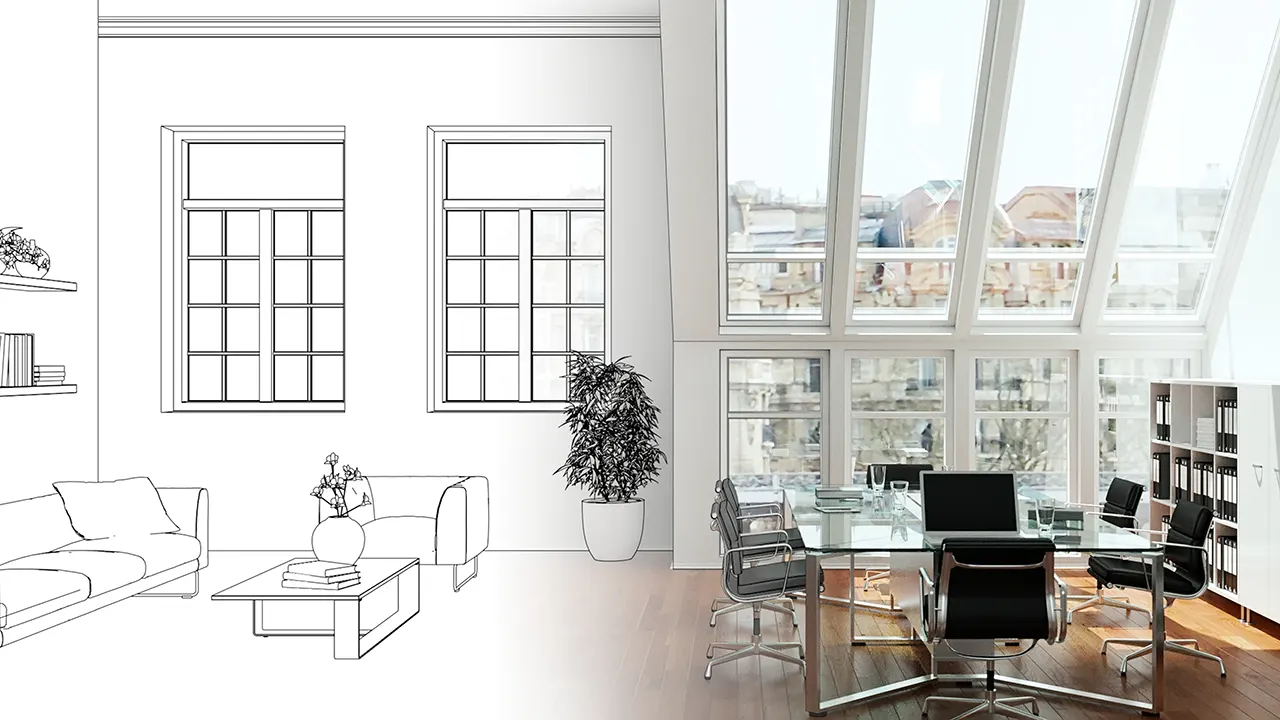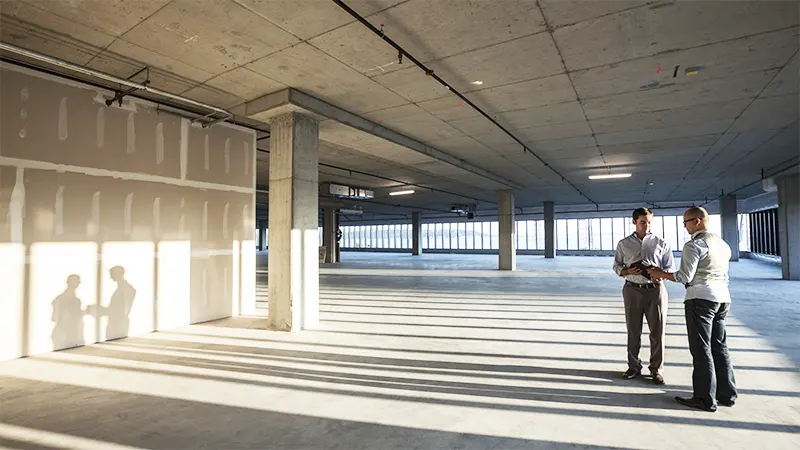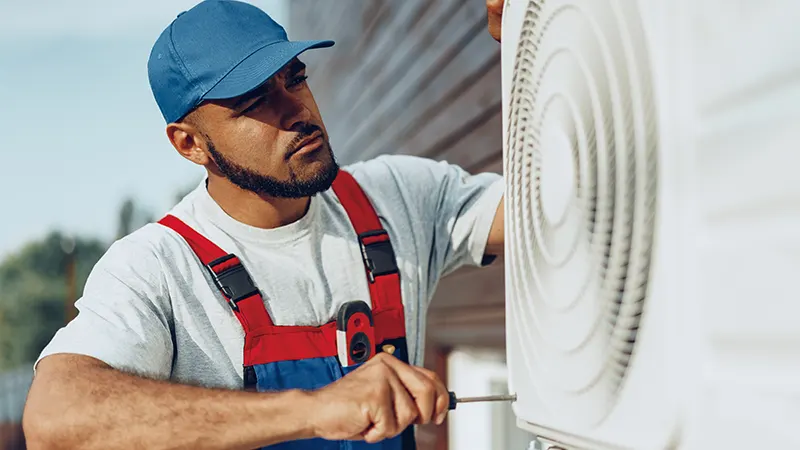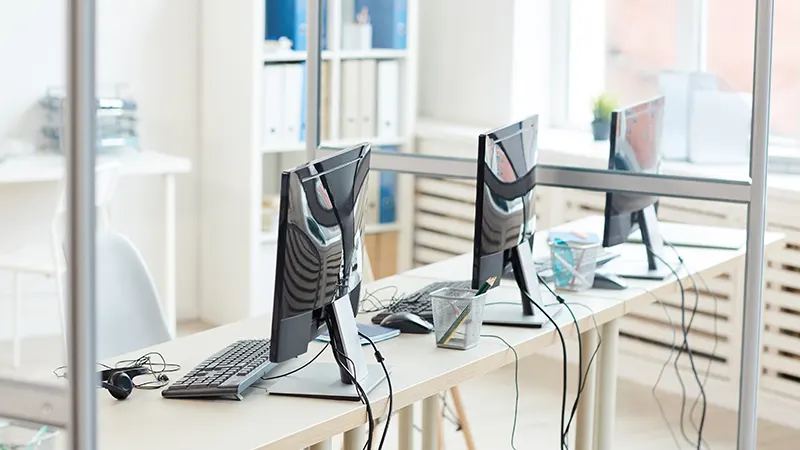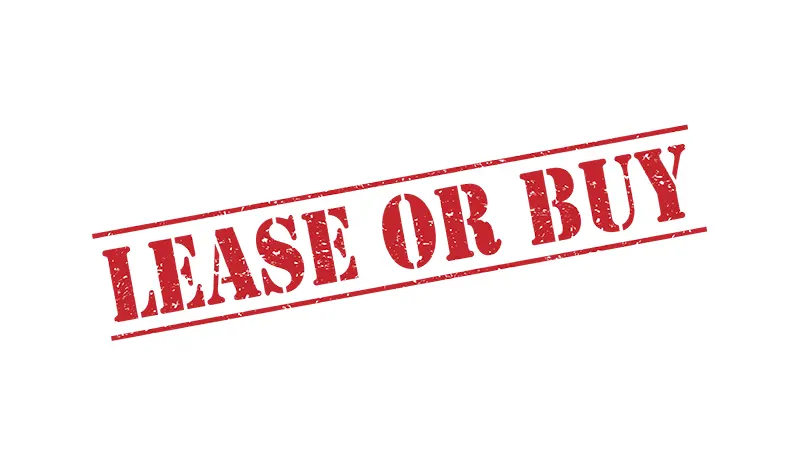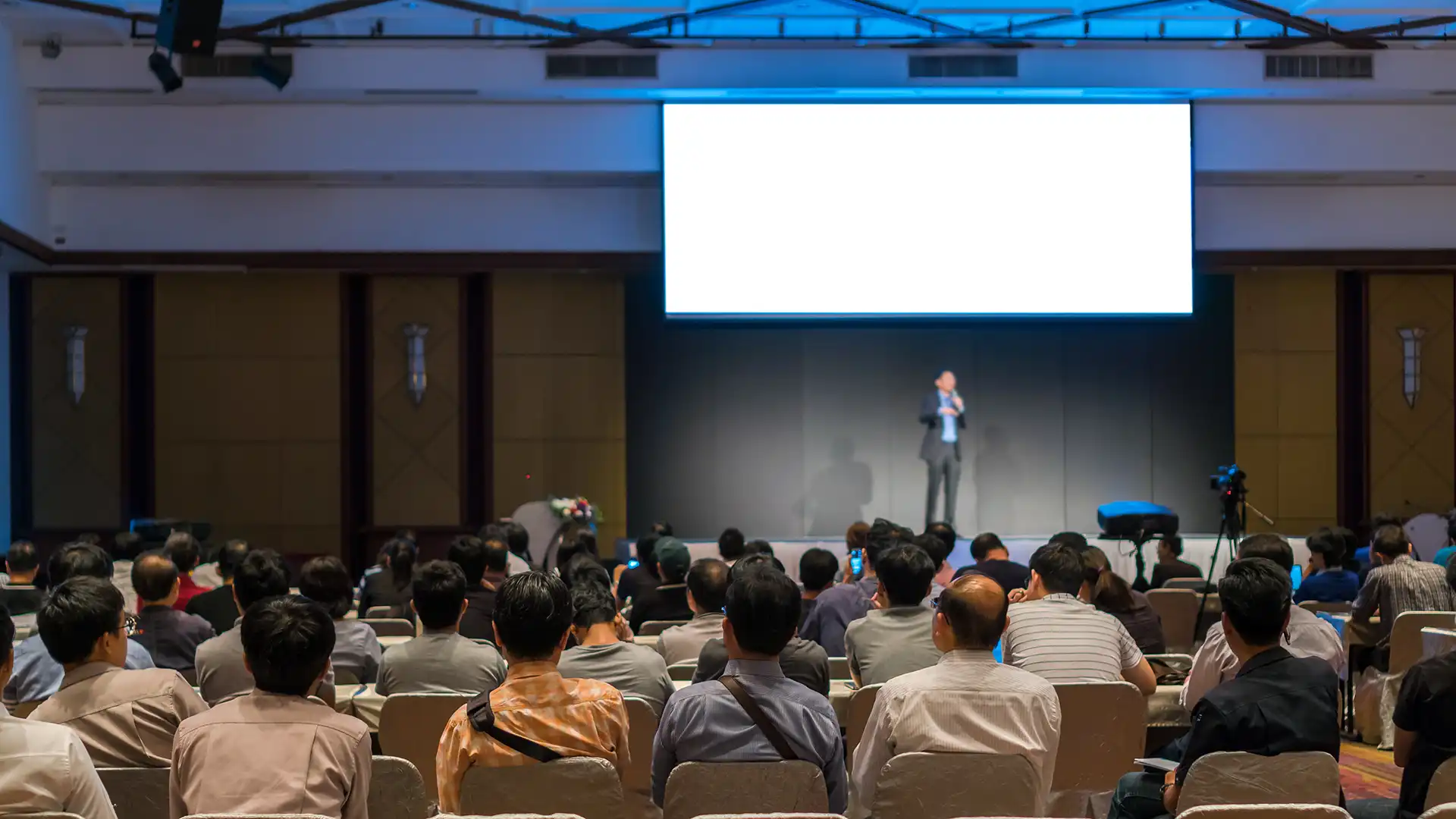Some fitouts for medical practices are super complex, technical and expensive. Dental and radiography practices are examples. Other medical fitouts are inexpensive, for instance for psychology practices. Whatever type of practice you run, there is a number of different considerations required to determine the best fitout option for your business.
Lease or buy
One of the main choices practice owners and managers must make is whether to lease or buy their fitout.
“This depends on your business situation and whether you have the capital to buy the fitout,” says Davie Mach, client manager with chartered accountants Box Advisory Services.
“It’s essential to crunch the numbers for both options to work out whether leasing or buying gives the better option for your practice,” he adds.
It’s important to take into account a number of different variables when making your decision. An important consideration is how long you plan on operating the business from the location where the fitout will be installed.
“Also work out whether you have the capital to cover a deposit to buy the fitout and whether the business has very specific fitout needs, which will certainly be the case if the practice requires specialist equipment. Another factor to take into account is how much the business expects to grow over time,” says Mach.
Tania Tonkin, a director of accounting practice dmca advisory, says there are numerous elements to take into account when it comes to leasing or buying a fitout.
“If you choose to lease the fitout, you will need to be in a position to make regular repayments, usually on a monthly basis for a set term, based on the expected life of the fitout or equipment,” she explains.
Another popular option is to buy the fitout or equipment under finance. Says Tonkin: “This arrangement involves regular repayments that are similar to a lease for a set finance term, usually based on the expected life of the fitout or equipment.” The main difference is that legal ownership of the equipment is with the purchaser from the start.
Tax strategies
It’s important to explore whether buying or leasing the fitout gives the practice the best outcome for taxation purposes.
“From a tax perspective, taking advantage of deductions such as depreciation, instant asset write-offs and any scrap value will help with reducing taxes,” says Machie.
At the moment, ATO rules allow eligible businesses to claim an immediate tax deduction for the cost of a business asset in the year the asset is first used or installed ready for use.
Tonkin explains lease payments for fitouts are fully tax deductible, so the tax deduction each year equals total lease payments made. “GST is included in the lease payments and can be claimed back against GST payable by the business. It’s also worth noting interest rates are currently quite low and finance providers are typically willing to negotiate this point.”
Under a lease agreement, the legal owner of the fitout or equipment is the lessor and they can claim any default on repayments for tax purposes. However financiers generally won’t finance 100 per cent of a fitout due to its attachment to the building where it is installed. This means if the lessee defaults, it’s usually not possible to reclaim the full cost of the equipment.
In terms of tax considerations when buying a fitout under finance, repayments are made up of principal and interest, with the interest being tax deductible. “The main tax benefit under a finance arrangement is that the total amount of GST payable on the purchase of the fitout or equipment can be claimed at the start against GST payable by the business,” says Tonkin.
For example a $110,000 fitout represents a GST credit of $10,000 upfront. “With current government incentives encouraging businesses to invest in plant and equipment, there is currently also an upfront tax deduction available in the first year. So, a $110,000 fit out would result in a tax deduction in the year of purchase of $100,000 after GST,” she adds.
Tonkin says this is typically the most advantageous option in the current environment because it delivers better tax incentives in the first year. “The ability to claim the full amount of GST upfront can provide cash flow benefits as well to a business.”
Fitout trends
Fitouts aside, COVID’s impact means opportunistic buyers have the chance to acquire well-priced commercial properties in which to house their practices right now.
Machie says many general practitioners are looking to acquire distressed assets due to the impact of COVID, usually retail premises that have been forced to close. “Given medical businesses are essential businesses, there are opportunities to acquire affordable commercial property that may have been more expensive to buy before the pandemic.”
Another option, says Tonkin, is to hold practice rooms or equipment in a separate entity for asset protection purposes, with the equipment leased to the medical practice for a commercial rent. “This keeps the assets separate to business risk. This structure could be a unit trust structure, whereby any rent received in excess of interest expenses could be shared among the owners of the unit trust.”
An alternative may be where a medical practitioner or group of practitioners come together to buy practice rooms, using funds accumulated in a self-managed super fund (SMSF), and then rent the rooms to the business for a commercial rent.
“This also provides asset protection from business risk. SMSFs usually pay tax at a lower rate than the members’ marginal tax rate. So this structure provides the benefit of a tax deduction at a higher tax rate to the business as well as accumulation of assets for future retirement. On the practitioners’ retirement, the rooms could still be rented to the same medical practice or another business, or otherwise sold to realise cash to fund living expenses during retirement.” As this shows, there are many, quite technical factors to consider when fitting out medical practices. It pays to get advice from an accountant with long-term experience in this area to ensure the practice and its owners achieve the best possible outcome.
Across Australia, Medical Rooms Online is assisting health professionals to rent or buy their premises. If you’d like to know more about how we could be the answer to your property needs, simply call us on 1300 28 28 03 or email [email protected] today.
This article is written by Alexandra Cain, a freelance journalist.
